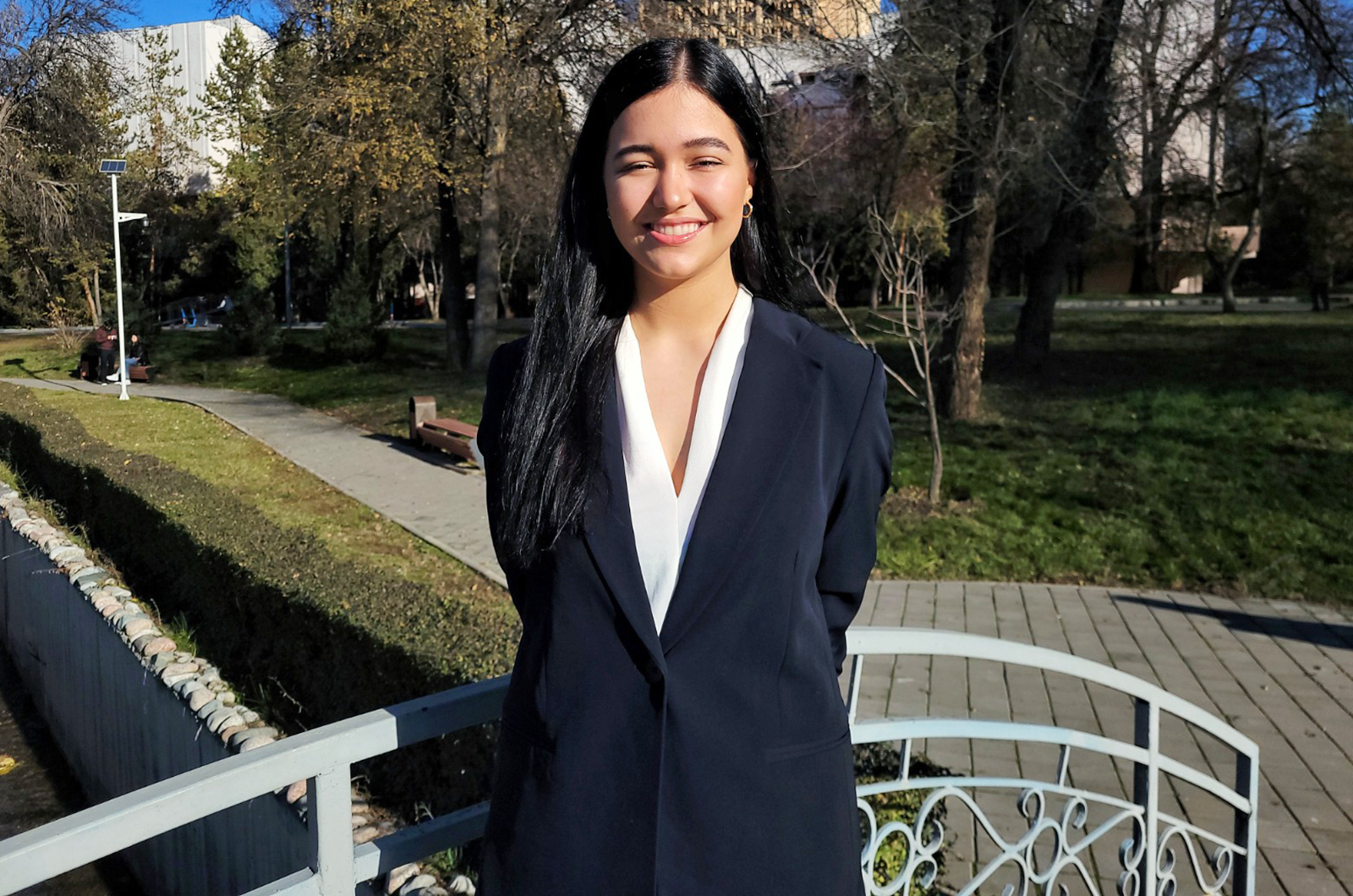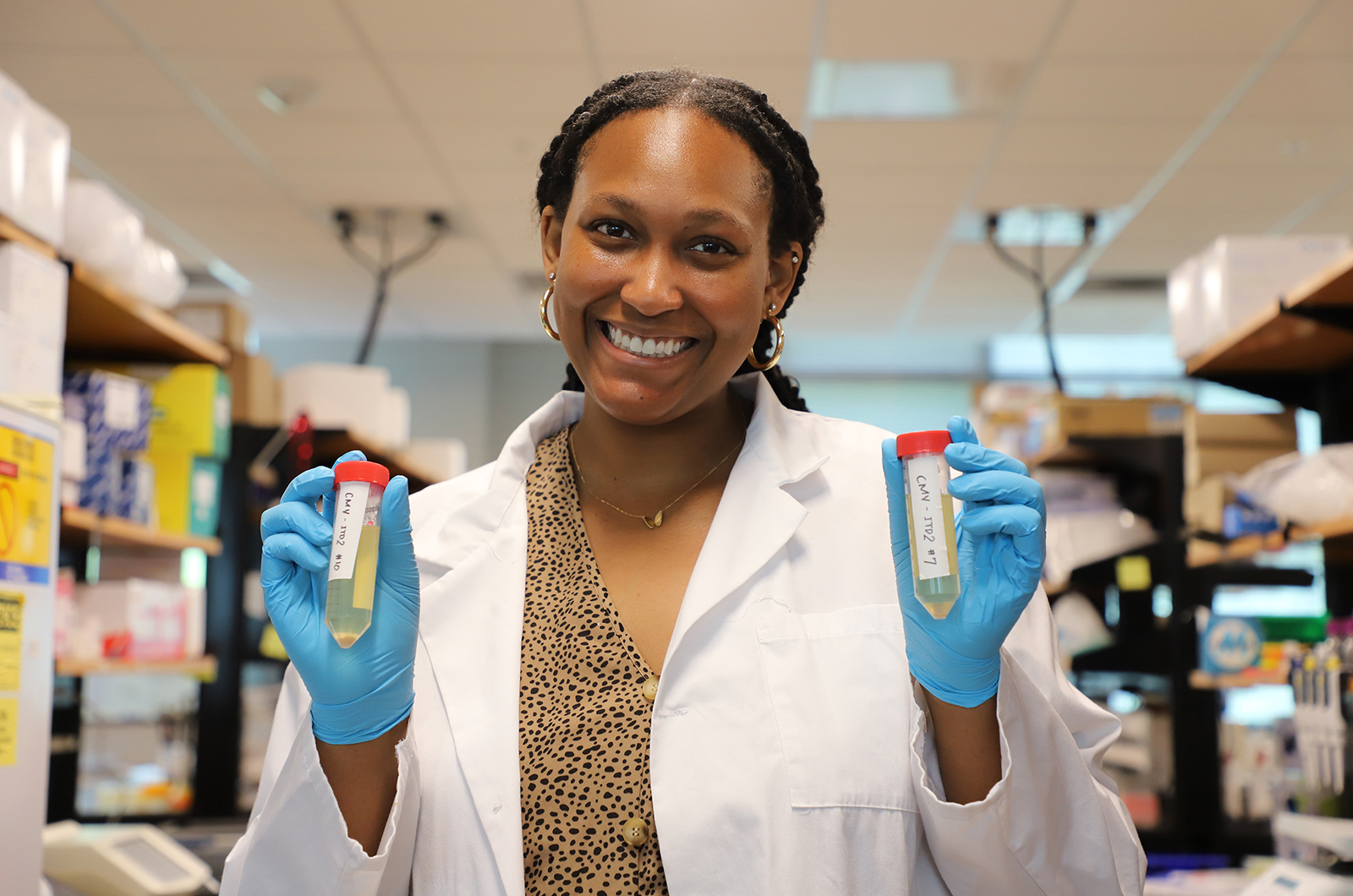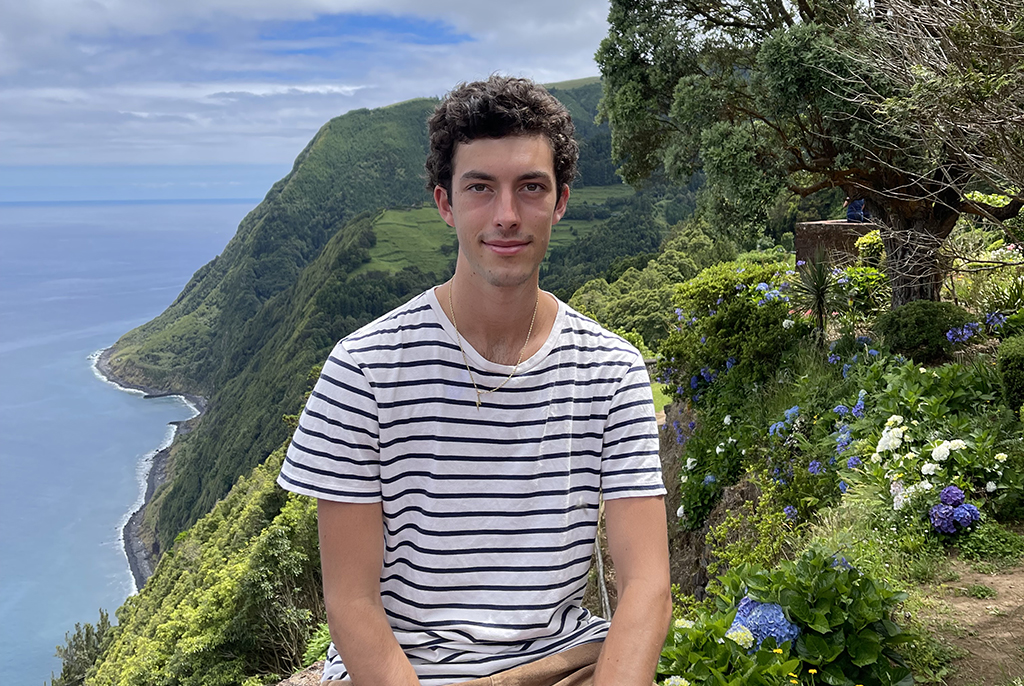We’ve included a selection of FAQs, or frequently asked questions, below. If you have a question that we haven’t answered, or if you need more information on a specific question included below, please email us at [email protected].
How do I do CURO research?
Participation in CURO can take many forms. Once you have found a research mentor, you can:
- Get course credit for time spent on your research
- Apply for a CURO Research Award
- Present at the CURO Symposium
- Apply for a conference participation grant
What is the first step in doing undergraduate research at UGA and getting CURO support?
All of the programs in CURO are for “faculty-mentored” research. Therefore, you need to find a UGA faculty mentor who will work with you on your research project.
Can you find a mentor for me?
We do not match mentors and students directly. There is advice about how to start your search for a mentor here, and we will talk about this process in our information sessions. We are also happy to meet with you to discuss how to find a good fit for your research interests and help you start your search. We can meet in person in our office in Moore Hall, via Zoom, or over the phone. It’s best if you contact us at [email protected] in advance to set up an appointment.
Do I need to have a project of my own planned out before I start?
The answer to this question depends on you and your mentor. In many cases, especially in the STEM fields, students will join an existing project in the research group. Questions and methodologies may already be established, although there is often room for a student to develop their own part of the project over time. In other cases, students may approach a faculty member with their own ideas for a research project. This is something that should be discussed when you are meeting with potential mentors.
How do I participate in CURO?
You can serve as a research mentor to an undergraduate student. We are so appreciative of our mentors!
Can you help me find a student for my project?
We can post your available projects on the current opportunities section of our website.
What are my responsibilities for research classes (4960R, 4970R, etc)?
If a student wishes to get course credit for their research, you will need to work with them to fill out an application either from the CURO website or from your home department, depending on the prefix for which they are registering. This application is basically a syllabus for a one-person class that includes descriptions of the overall project and what the student will be doing, as well as a list of assignments the student will turn in and their weight for the student’s grade (as research classes are A-F graded classes). At the end of the term, you will need to turn in a grade for the student for their research class.
What are my responsibilities for CURO Research Awards?
When you approve a student’s research award application, you are agreeing to mentor the student for the project described in the application. This includes meeting with the student on a regular basis and making sure that progress is being made. We also encourage you to have your student present the research at the CURO Symposium.
Are there other ways that I can help?
Other ways that you can be involved in CURO include:
- Serving as a best paper judge for the CURO Symposium
- Hosting a Café CURO
- Promoting CURO in your classes
What is the difference between 4960 and 4960R?
Classes with the -R suffix have a specific set of requirements that must be met. Students must spend at least 45 hours working on the project for each credit hour for which they are registered. For example, in a fall or spring semester, this equates to 3 hours a week for each credit hour. In addition, the assignments for the course must include one significant writing assignment turned in for a grade. Classes with the -R suffix count for Experiential Learning credit and count as Honors classes.
Classes without the -R suffix will not be eligible for Experiential Learning credit, will not count as an Honors class, and will not count toward the Honors capstone or CURO graduation distinctions.
What is a “significant writing assignment”?
Because conventions in each field of study are different, we don’t have any specific requirements for the written assignment. The assignment can take many forms, including a literature review, a project write-up, or a creative writing piece, depending on the nature of the research. The faculty mentor and student researcher should work together to determine an appropriate assignment—including type, length, and other requirements—and how it will be graded. This aligns with the writing-in-the-discipline approach that assumes the most effective way to improve student writing is to do so within the context of disciplinary demands under the tutelage of committed faculty across the campus, who are willing and able to articulate those conventions.
One example of written assignment guidelines for 4960R can be found on the UGA Biology Department website at BIOL 49X0R Research guidelines.pdf.
We do not consider your Symposium poster a written assignment that satisfies this requirement.
Who can use the HONS prefix?
Any student, not just those in the Morehead Honors College, can register for research classes using the HONS prefix. Students often register for HONS 4960R/4970R/4980R when the student and mentor are in different schools or departments. Applications for HONS 4960R/4970R/4980R classes are reviewed by CURO staff and approved by the faculty mentor and the dean of the Honors College.
How is the CURO Research Award distributed?
The CURO Research Award is given as a scholarship and deposited into your student account. If you have a balance on your account at the time it is deposited, the award will go toward paying that balance. Anything left after your balance is paid will be refunded to you according to the instructions in your student account (direct deposit or check).
If I receive a CURO Research Award, do I need to register for a research class?
No, you do not need to register for a research class to receive a CURO Research Award. During fall and spring semesters, you do need to be registered for at least one course at UGA in order for the award to be dispersed as a scholarship.
Can I get more than one CURO Research Award?
Yes! You can apply for the award in any semester that you are doing research. However, it is a competitive award (we often receive more applications than we have awards to give) and you may not receive an award each time you apply. In order to ensure that we support a wide and diverse array of students and projects, priority for consideration will be given to students who have not yet received an award in the current academic year. Among former CURO Research Award recipients, priority for consideration for subsequent awards will be given to students who have previously participated in the annual CURO Symposium.
When is the Symposium held?
The CURO Symposium is held annually in the spring, usually around the first week of April. There is no fall Symposium.
Who can present at the Symposium?
All undergraduate students who are working on a research project under the direction of a UGA faculty mentor may present. Students who graduate in the fall before the Symposium may also present work that was performed before graduation. You do not need to have taken a CURO research course or have received a research award to present at the Symposium.
My research project isn’t complete yet. Can I still present?
Yes! We encourage students in all stages of the research process—from proposal, to research in progress, to finished product—to present at the Symposium.
Who can attend the Symposium?
Anyone who wants to learn more about the work being done by undergraduates in all fields can attend! This includes all UGA students and faculty, as well as friends, family, and members of the community.
Can we see the Symposium online?
There is currently no virtual component of the CURO Symposium, and we do not stream presentations. The Symposium program, including project titles and the names of student presenters and faculty mentors, will be published online.
Who can apply for a conference participation grant?
Any undergraduate student participating in faculty-mentored research is eligible to apply. You must be presenting at the conference, not just attending, to receive an award.
What kind of conferences are covered?
At this time, CURO can only cover conferences held in the United States.
What can the grant cover?
The grant can cover the costs of registration, poster printing, and travel—including transportation, lodging, and food—up to a maximum of $1,500 per student.
What does the grant not cover?
The grant does not cover lodging booked through Airbnb, VRBO, or similar sites. You will also not be reimbursed for the cost of entertainment (e.g. museum or attraction tickets), souvenirs, clothes, or any food receipt containing alcoholic beverages.
How is the grant awarded?
The grant is given as a reimbursement for expenses incurred. You will need to pay for your registrations and/or travel. Once the conference is over, you will need to submit receipts to be reimbursed.
How do I get reimbursed?
For more information on reimbursement procedures, visit the Conference Participation Grant page.





